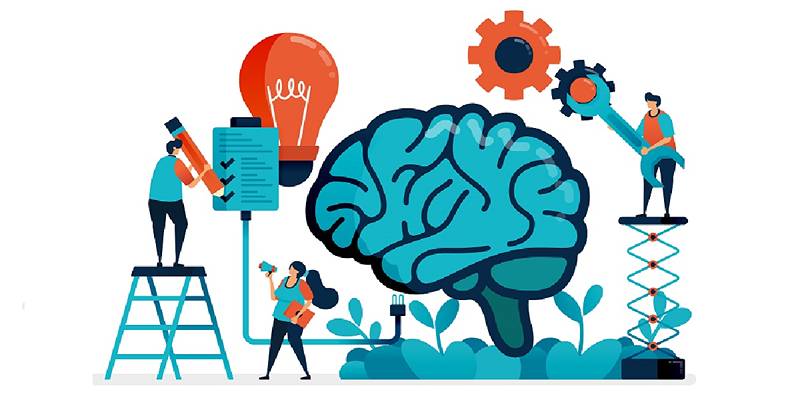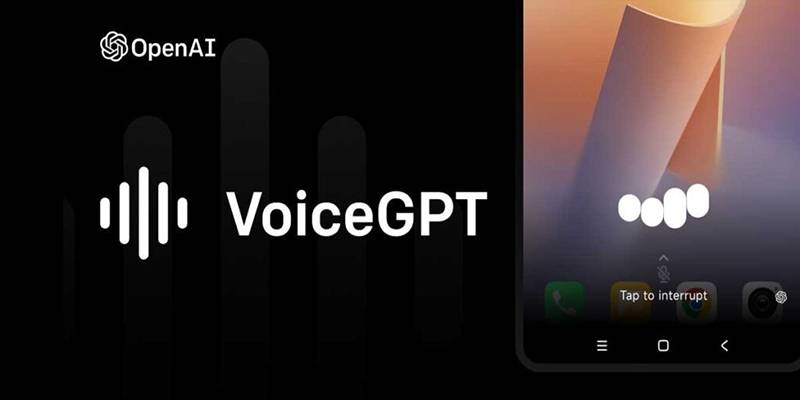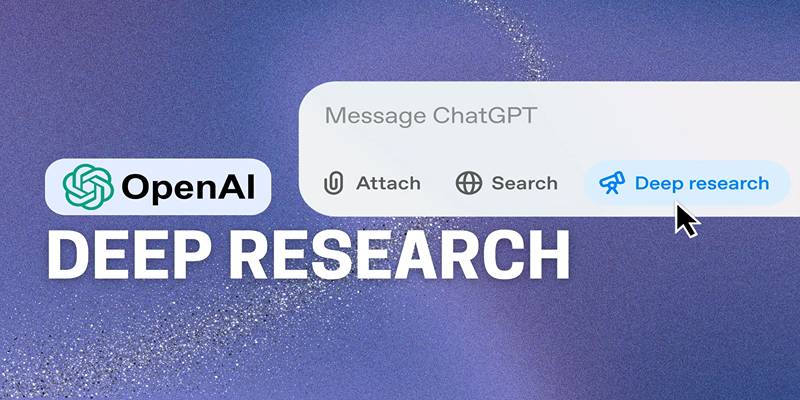Having a virtual friend or a social robot as a friend doesn't seem strange anymore because you live in a world where technology is a big part of almost everything you do. AI companions are these AI-powered things that aren't just digital helpers anymore; they're also becoming emotional supporters, friendly listeners, and even close friends to many people around the world.
Smart systems are changing how you share, interact, and even feel less alone. They range from simple apps on smartphones to robots that can make realistic facial movements. Let's look more closely at how they're changing our daily lives and bonds.
What Are AI Companions?
AI companions are smart machines designed to build relationships with people. They are developed using artificial intelligence to mimic human conversations and reactions. Their main purpose is to interact, support, and build a sense of connection with the user.
Some are just software—like a chatbot on your phone. Others are physical robots that can move, make facial expressions, and respond to voice commands. But what they all have in common is the ability to engage in meaningful, ongoing interactions.
Types of AI Companions
There are two major types of AI companions that people interact with today:
- Social Robots: Physical robots like Pepper, Buddy, or Lovot. They are built to interact with humans, often with expressive faces or voices. Many are used in homes, hospitals, or even customer service areas.
- Virtual Friends: These are digital companions that live in apps, games, or websites. They may appear as cartoon-like characters, chatbots, or avatars and are designed to chat, offer advice, and keep users company.
Both types are designed to form an emotional bond with users, offering a sense of presence and interaction that feels personal.
Why Are AI Companions Becoming So Popular?

In a world that’s increasingly fast-paced and sometimes isolating, many people are turning to AI companions to fill emotional gaps. Whether it's dealing with loneliness, anxiety, or simply needing someone to talk to, AI friends are always available, understanding, and non-judgmental.
Here are some key reasons why more people are connecting with AI companions:
- Always There for You – AI companions are available 24/7. You don’t have to worry about time zones or schedules.
- No Social Pressure – Talking to AI comes without fear of being judged or misunderstood.
- Daily Support – From reminding you to drink water to cheer you up with kind words, they’re like having a caring friend around.
- Mental Wellness Aid – Some AI friends are trained in emotional intelligence and offer tools like mood tracking or relaxation exercises.
These companions are especially helpful for people who live alone, face social anxiety, or want an extra layer of support in their day-to-day lives.
Real-Life AI Companions and Their Roles
Several AI companions have already made a name for themselves across the globe. Here are a few well-known ones that show how these tools are being used in real life:
- Replika: A chatbot that talks with you, remembers past conversations, and learns your personality. Users often describe it as comforting and helpful during tough times.
- Woebot: Designed with mental health in mind, Woebot helps users understand their emotions through casual and friendly conversations.
- Pepper: A social robot that recognizes facial expressions and tones of voice. It’s used in businesses, homes, and elderly care facilities.
These AI companions are designed to evolve. The more you talk with them, the more they learn, and the better they become at being your virtual friend.
How AI Companions Are Shaping Friendships
One of the biggest ways AI companions are changing daily life is through how you understand and experience friendship. While they aren't real people, these companions often feel very real to the users who talk to them.
Positive Social Benefits
- Emotional Support – Users often turn to AI companions when they’re feeling down or anxious.
- Daily Company – For people who live alone or spend long hours working from home, an AI friend can break the silence.
- Confidence Building – Some people use AI friends to practice speaking or sharing feelings, which can make real-life conversations easier.
One line break here before you move to the next subheading.
Limitations and Concerns
- Lack of Real Emotion – AI doesn’t feel emotions like humans. It can respond kindly, but it doesn’t truly “care” in the same way.
- Dependency Risks – Some users may start to rely too heavily on their AI friends and avoid real-life relationships.
- Privacy Issues – AI companions often store data about your conversations. It raises questions about how securely that data is handled.
AI friends can offer comfort, but they’re best used alongside human relationships—not instead of them.
Daily Uses of AI Companions

You might be surprised at how useful AI companions can be in everyday life. People are using them in more ways than just chatting. Here are some examples of how they’re helping:
- Morning Motivation – Some AI apps greet you in the morning with positive messages or reminders for the day.
- Mental Health Check-ins – AI companions can ask about your mood and suggest breathing exercises or affirmations.
- Language Learning – Practicing a new language becomes easier when you talk to an AI who speaks it fluently.
- Companionship for the Elderly – Social robots help elderly users feel less lonely and more engaged, especially if the family isn’t nearby.
- Parenting Support – Some virtual friends interact with children, helping them learn empathy, routines, or bedtime stories.
Because they never get tired or frustrated, AI companions can be consistent, calm, and available whenever you need them.
Conclusion
AI companions, whether they come in the form of social robots or virtual friends, are reshaping the way you think about relationships. They offer comfort, connection, and a sense of friendship, especially for those who might otherwise feel alone. While they don’t replace real human bonds, these digital partners can improve well-being, support mental health, and add a little joy to everyday routines.











